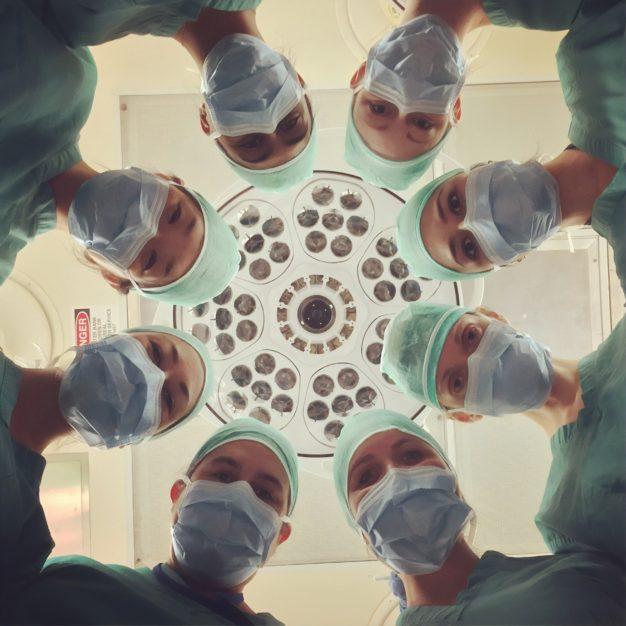
Customer Relationship Management: Boon for Healthcare Sector
Healthcare Customer Relationship Management or Patient Relationship Management refocuses providers’ priorities towards meeting the needs of its target market. CRM in healthcare is instrumental in maintaining updated information regarding patients. Also, it collects important insights, provides quality support functions, and ensures well-organized client management methodologies. Through the years, CRM has become a vital element in the delivery of effective healthcare services.
Healthcare CRM Functions
The functions of CRM in the healthcare industry covers four major areas. These are patient management, team supervision, medication control, and communications.
Patient Management
Healthcare apps assist medical staff in handling documents, patient appointments, medicine prescriptions, and other related activities. A calendar automates the appointment reminders and monitors them as well. The programmed management of all information removes the need for manual filling out of forms.
The integration of CRM in healthcare with key back office applications guarantees consistency across patient documentations. Additionally, it facilitates prompt filing of documents, invoices, and claims. A CRM system in healthcare can monitor payments and billings as well as send digitized reminders for late payments. The capacity to maintain complete patient profiles allows doctors to come up with customized care solutions.
Medication Administration
Many CRM in healthcare apps include functions that automatically enable the organized management of medications. It can send automated prescriptions to pharmacies and electronic reminders to patients regarding their medicine intake.
Secure Communications
Healthcare CRM software ensures safe and industry-compliant communications with patients through their preferred channels. The app sends out computerized messages based on prearranged policies like:
- Appointment reminders
- Feedback surveys
- Post-discharge/follow-up emails with health pointers and appropriate healthcare service recommendations
- Welcome emails to website visitors
- Yearly medical screening and check-up reminders
The CRM in the healthcare industry serves as a secure central hub for transparent documentation and record-keeping. These are coordinated across multiple touchpoints. Therefore, it protects confidential health and personal information of patients using the following techniques:
- Data encryption
- Multiple level authentication
- Electronic signatures
- Storage and transfer of patient data in ways that conform to the Health Insurance Portability and Accountability (HIPAA) Act
Marketing Efforts
Nowadays, sophisticated tools assist in the planning, implementation, and review of marketing initiatives. These can be done across various outlets such as emails, SMS, direct mailing, and social media sites. However, medical practitioners need CRM in the healthcare industry for real-time data. This CRM solution integrates with Electronic Health Records (EHR), Content Management Systems (CMS), call center facilities, and Content Rationalization System (CRS).
Majority of focused CRM systems facilitate categorization of patients with high-risk health concerns, demographics, and psychographics as a basis. These are capable of identifying consumers who possibly require services of a healthcare provider at a process level. In due course, it helps marketing experts formulate directed marketing campaigns.
Customized Reporting
Healthcare has among the fastest growth rates for data. With a cutting-edge healthcare platform, multiple data flows without a glitch through apps, devices, and points of care. CRM in healthcare can analyze reports and provide a clear perspective of the consumers. This analysis, in turn, offers essential insights to propel the organization’s marketing, administrative and outreach thrusts.
Role of DataBox Solutions
DataBox Solutions can suggest the suitable CRM in healthcare for clients in this sector. This CRM system can help enhance health management engagements while maintaining constant communications with patients. In addition, this platform automates billing, customer service, resource management, and internal procedures. DataBox Solutions can also offer cloud-based solutions that effortlessly record, convey, and store patient information. These are appropriate for small, medium, and large healthcare enterprises with economical maintenance costs.
